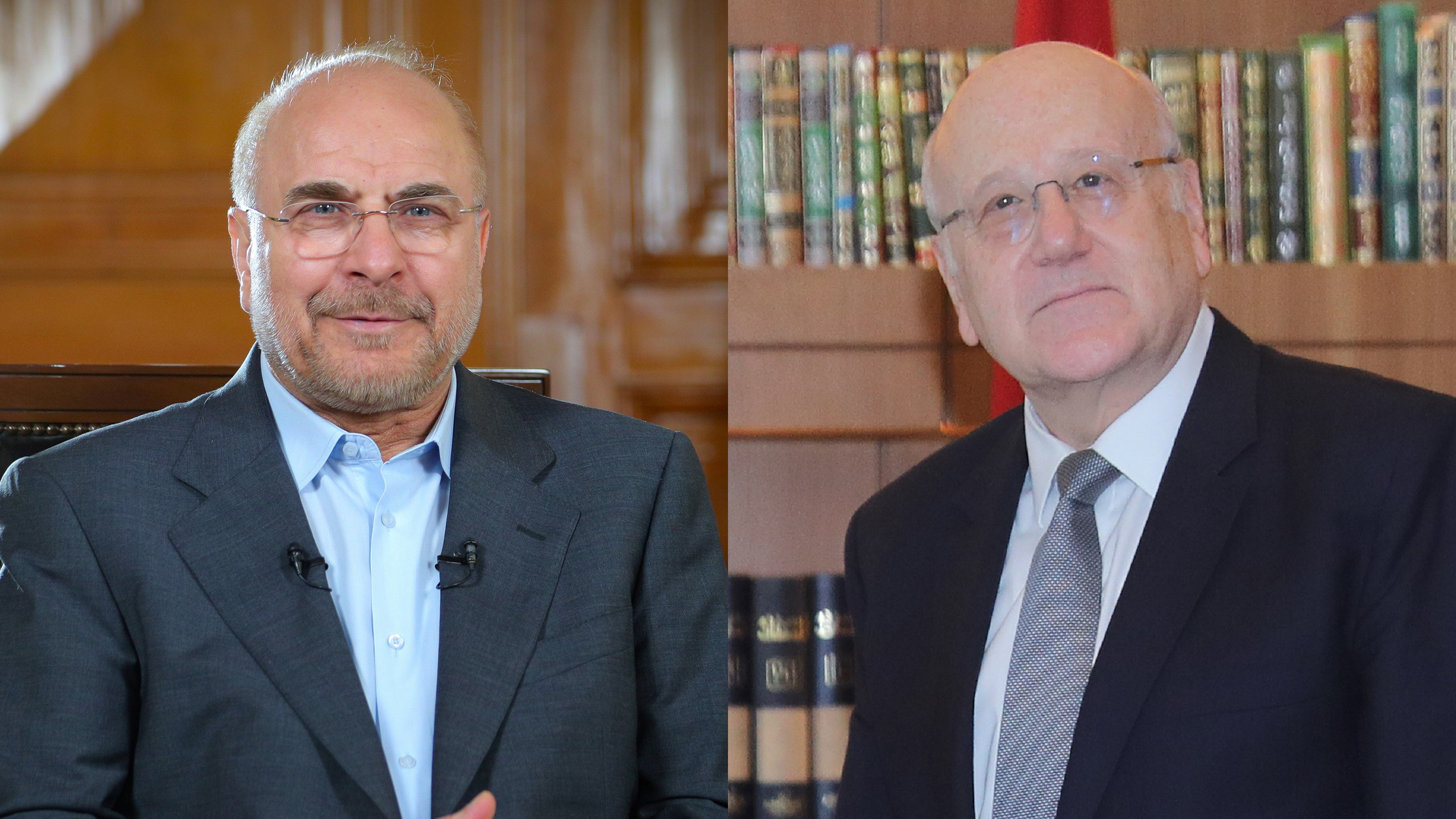Respecting the Sovereignty of States Is Fundamental to Fostering Good Neighborly Relations
Okaz, Saudi Arabia, October 24
In the midst of regional tensions, recent statements by Iranian leaders have resurrected longstanding histories of meddling in the internal matters of Arab nations. Remarks by Mohammad Bagher Ghalibaf, the speaker of the Iranian Parliament, about engaging in negotiations with France over the implementation of Security Council Resolution 1701—which pertains directly to Lebanon—reflect interference in Lebanon’s internal affairs and reopen old wounds that many in the region have been striving to heal. The Lebanese interim prime minister, Najib Mikati, did not hesitate to voice his astonishment at this stance, characterizing it as an attempt to impose an unacceptable guardianship over Lebanon. Mikati’s reaction mirrors the sentiments of numerous Lebanese citizens who feel frustrated and outraged by persistent foreign intrusion into their country’s affairs. In an official act reinforcing this stance, the Lebanese Ministry of Foreign Affairs summoned the Iranian chargé d’affaires in Beirut to formally protest Ghalibaf’s statements, clearly indicating that the Lebanese government, despite its challenging circumstances, continues to strive for the independence of its national decision-making. Iranian declarations have not been confined to Lebanese matters but have also touched upon the issues of the three Emirati islands: Greater Tunb, Lesser Tunb, and Abu Musa, as well as queries concerning Bahrain’s independence and Arab identity. In this vein, statements by Kamal Kharazi, chairman of the Iranian Strategic Council on Foreign Relations, further fanned the flames, eliciting strong rebuke from the Gulf Cooperation Council, which dismissed them as irresponsible. These comments undoubtedly reflect the perspective of peoples and governments across the region, given the historical tensions in Arab-Iranian relationships—tensions exacerbated by Tehran’s persistent meddling in Arab affairs. Such a policy has only deepened instability in the region, underscoring the need for serious dialogue between the parties involved, but contingent upon respecting state sovereignty and halting interference. The region is grappling with a highly intricate situation, owing to mounting tensions, the Israeli assault on the Gaza Strip, and attacks on Hezbollah, alongside the escalating likelihood of an Israeli-Iranian confrontation. Amid these volatile circumstances, Iran must reassess its foreign policies and avoid repeating past mistakes. Persisting along the current trajectory will adversely impact the Iranian people more than any other group. Stability is crucial for the region, and Iran is obligated to contribute towards achieving this objective rather than undermining it. The Lebanese scenario serves as a glaring illustration. Legitimate authorities, represented by the speaker of Parliament and the prime minister, have concurred on implementing Resolution 1701, with opposition forces convening in Maarab and spiritual leaders meeting in Bkerké also advocating for its enforcement. This decision aligns with the goals of Resolution 1559, which calls for the disbandment of militias, chiefly Hezbollah. The principles applicable to Lebanon extend to all Arab nations. Iran cannot continue obstructing regional stability. The challenges currently confronting the region demand unity and cooperation, not increased discord and meddling. If Iran truly aspires to contribute to solutions, it must begin by ceasing interference in neighboring states and halting the support of militias, as regional stability would benefit everyone, Iran included. —Rami Al-Khalifa Al-Ali (translated by Asaf Zilberfarb)
Give the gift of hope
We practice what we preach:
accurate, fearless journalism. But we can't do it alone.
- On the ground in Gaza, Syria, Israel, Egypt, Pakistan, and more
- Our program trained more than 100 journalists
- Calling out fake news and reporting real facts
- On the ground in Gaza, Syria, Israel, Egypt, Pakistan, and more
- Our program trained more than 100 journalists
- Calling out fake news and reporting real facts
Join us.
Support The Media Line. Save democracy.



